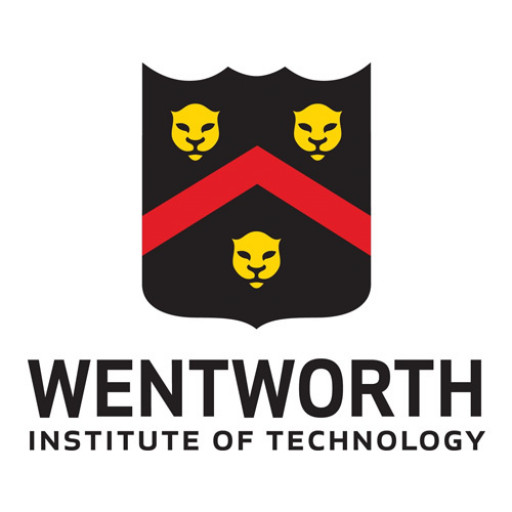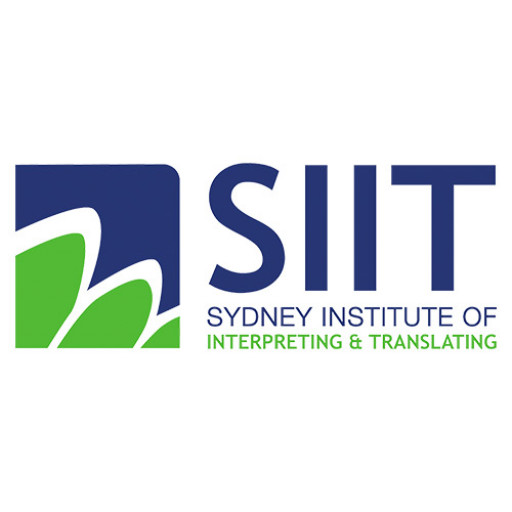This qualification covers the competencies necessary to translate exclusive purpose texts in one language into another, to communicate information written with specific terminology for a particular viewer in functionally equivalent translated texts that are accurate and applicable to this context, target audience and end use.The Advanced Diploma of Translating prepares translators to translate texts where there may be significant equivalence problems between target and source text, the topic of the text includes its particular terminology, or there is need to undertake extensive research and translate complex language and theories. Specific audiences could be seen in trade and promotion, government and global relations \u2013 for example immigration, both regular and humanitarian \u2013 the networking, and industries generally considered to be professional, such as law, health and drugs, technology and science. Assignments may cope with material which demands significant quality assurance processes as the results of mistranslation can be much reaching.The English into LOTE specialisation is applicable to applicants whose strongest language is their LOTE.The LOTE into English specialisation is related to applicants whose most popular language is English.The LOTE-English both instructions specialisation is related to applicants who have equal facility in both their LOTE and English.No licensing, legislative or certificate conditions affect the eligibility at the time of both publication.Additional eligibility adviceWhere a SITXLAN unit is chosen in Group C or D, the eligibility title on the resultant testamur must incorporate the specific LOTE of this SITXLAN unit: Advanced Diploma of Translating (LOTE of plumped for SITXLAN unit into English) e.g. Advanced Diploma of Translating (Hindi into English) or (English into Hindi) or (Hindi-English both guidelines ). Where PSPTIS067 is chosen in Group D, or the general LOTE into English specialisation is chosen, the resultant testamur has to be identified: Advanced Diploma of Translating (LOTE into English) or (English into LOTE) or (LOTE-English both guidelines ), and also the following wording could possibly be added: \u201cThis eligibility was assessed (terminology ). \u201dWhere SITXLAN3328 is chosen in Group C, or SITXLN3428 is chosen in Group D, the consequent testamur has to be identified: Advanced Diploma of Translating (Australian Indigenous languages into English) or (Language to Australian Indigenous languages) or (Australian Lebanese languages-English both guidelines ), and also the following wording could be added: \u201cThis eligibility was assessed (language). \u201d
The Bachelor of Science in Translating at Wentworth Institute offers students a comprehensive education designed to develop advanced language, cultural, and technical skills necessary for a successful career in professional translation. The program combines rigorous coursework in language proficiency, translation theory, and specialized fields such as legal, medical, technical, and business translation. Students have the opportunity to immerse themselves in both the source and target languages through practical translation exercises, interpreting sessions, and real-world projects that simulate industry standards.
Curriculum components include courses in linguistics, semantic analysis, and translation technology, ensuring students are well-versed in the latest software tools and digital resources used in the translation industry. The program emphasizes cultural competence and intercultural communication, preparing graduates to effectively bridge language barriers in diverse global environments. Additionally, students gain insights into project management, ethics, and market trends within the translation industry, equipping them with the skills necessary to operate as independent professionals or within organizations.
Throughout the program, students participate in internships and cooperative education opportunities, partnering with translation agencies and other industry stakeholders to gain practical experience and build professional networks. The faculty comprises experienced translators and industry experts committed to mentoring students and fostering a learning environment that encourages critical thinking, precision, and cultural sensitivity. Upon graduation, students are prepared to pursue careers as professional translators, localization specialists, language consultants, or to continue their education through advanced degrees or certification programs. The Bachelor of Science in Translating at Wentworth Institute thus aims to produce highly skilled, versatile, and market-ready language professionals capable of meeting the demands of an increasingly interconnected world.
The Translating program at Wentworth Institute of Technology is designed to equip students with comprehensive skills in language translation, intercultural communication, and specialized knowledge in various fields such as business, technology, and law. The curriculum emphasizes practical translation exercises, including document translation, interpretation, and localization, alongside theoretical courses that cover linguistic theories, translation methodologies, and cultural studies. Students are required to complete a core set of courses that develop their proficiency in at least two languages, typically including English and a foreign language of their choice. These courses focus on grammar, vocabulary, and advanced translation techniques to ensure high-quality output. In addition to language courses, students undertake coursework in specialized fields such as legal translation, medical translation, and technical translation, which prepare them for professional roles in diverse sectors. The program also includes a rigorous internship component, encouraging students to gain real-world experience through placements with translation agencies, multinational corporations, or governmental organizations. Capstone projects are integral to the program, requiring students to produce comprehensive translation portfolios and demonstrate their ability to handle complex translation tasks independently. To graduate, students must accumulate a specified number of credits through coursework, internships, and capstone projects, adhering to the academic standards set by the institution. Attainment of language proficiency is assessed through written exams, translation assignments, and oral interpretation evaluations. The program emphasizes ethical standards and professional conduct, preparing students for certification and freelance work in the translation industry. Throughout the program, students have access to advanced translation software and resources to enhance their technical skills. Open to students with a strong foundation in at least two languages and an interest in intercultural exchange and communication, the Translating program at Wentworth Institute of Technology aims to produce highly skilled professionals capable of meeting the demands of an increasingly interconnected world.
The financing of the Translating program at Wentworth Institute is designed to provide accessible opportunities for students to fund their education through various sources. The institute offers a range of financial aid options, including federal and state grants, scholarships, and work-study programs, tailored to support students academically and financially. Students are encouraged to complete the Free Application for Federal Student Aid (FAFSA) to determine their eligibility for federal grants such as the Pell Grant and Federal Supplemental Educational Opportunity Grant (FSEOG). Additionally, Wentworth provides institutional scholarships based on academic achievement, financial need, and other criteria, which significantly reduce the financial burden for eligible students.
The institute also offers payment plans that allow students to spread out tuition payments over the course of the semester or year, making it easier to manage expenses. For international students or those requiring private funding, loans from private lenders or educational loan programs may be available, subject to individual eligibility and credit approval. Moreover, students are advised to explore external scholarship programs, industry-specific grants, and sponsorships related to translation and language services, which can further assist with financing their education.
Wentworth Institute also provides financial counseling services to help students plan their finances effectively and understand their options better. The cost of the program includes tuition, fees, and materials, with additional expenses such as accommodation and living costs. The institution continuously reviews its financial aid policies to ensure affordability and to expand support options for students enrolled in the Translating program. Overall, the financing structure aims to facilitate access to high-quality translation education while minimizing financial barriers for deserving students.
The Translating program at Wentworth Institute is designed to equip students with the essential skills necessary for a successful career in translation and language services. The program emphasizes practical translation techniques, linguistic proficiency, and cultural competence, enabling graduates to effectively translate documents across various fields such as business, legal, medical, technical, and literary domains. Students in this program are introduced to a comprehensive curriculum that covers core language skills, translation theories, and specialized topics relevant to professional practice. The curriculum includes coursework in source and target language development, terminological research, and the use of modern translation technology and software, preparing students for the evolving demands of the translation industry.
Throughout the program, students have opportunities for hands-on experience through internships, project-based assignments, and collaboration with real clients. This real-world engagement helps them develop critical skills such as precision, attention to detail, and the ability to work efficiently under deadlines. The program also emphasizes ethical considerations and professional standards in translation, ensuring students are prepared to meet industry expectations.
Students typically choose a language specialization, and the program offers courses in a variety of languages, fostering bilingual and intercultural communication skills. The faculty comprises experienced professionals and native speakers who provide mentorship and guidance tailored to individual career goals. Upon completion of the program, graduates can pursue careers as freelance translators, in-house language specialists, localization experts, or work within multinational organizations requiring linguistic services. The dynamic curriculum and practical training approach make this program suitable for students passionate about language and interested in bridging cultural and linguistic gaps across global markets.




